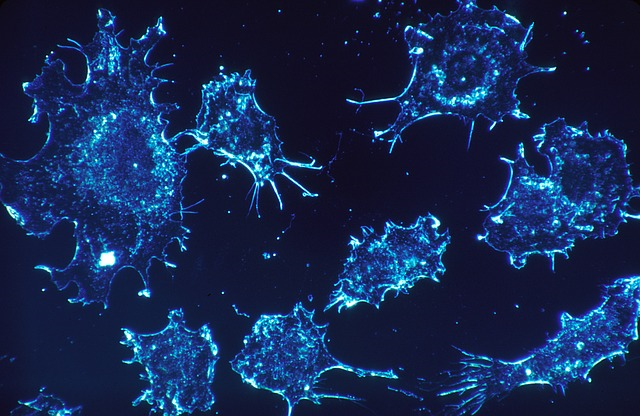BIO 314 - Cancer Biology

SUMMER 2024-Extended Session 2
June 17th – August 17th, 2024
Faculty: Dan Moloney, PhD
Online Course Administration: Kristen Slovak, MA
Stony Brook Students: Upper Division Biology Course
Non-Stony Brook Students – Check with your Institution for Transfer Info.
Click here for BIO 314 SYLLABUS Summer 2024
This course is an asynchronous online course except for the Three Mandatory Synchronous exams given in the evening as listed below. STUDENTS MUST HAVE RELIABLE INTERNET, A COMPUTERS, A WEBCAM AND A MICROPHONE TO TAKE THIS COURSE.
For Registration Information See:
https://www.stonybrook.edu/summer/
Any student who, after registering at Stony Brook University and accessing Solar, needs permission to register for this course should contact Lynette Giordano at Lynette.Giordano@stonybrook.edu for permission.
MANDATORY Exam 1: Monday, July 8th: 6:30-8:30 PM
MANDATORY Exam 2: Thursday, July 25th: 6:30-8:30 PM
MANDATORY Exam 3: Thursday, August 15th: 6:30-8:30 PM
COURSE DESCRIPTION:
The course is designed to introduce students with a strong background and interest in biology to the current understanding of the molecular basis of cancer. Emphasis will be placed on the methodologies and approaches of ongoing research efforts, so that students will be more prepared to read research papers published in scientific journals.
COURSE LEARNING OBJECTIVES:
At the end of this course a student will have an understanding of the molecular basis of cancer. Students will also have an understanding of the application of experimental techniques in cancer biology and their use in biological research. Upon completion of BIO 314, students should have completed the following objectives in the following areas:
The Nature of Cancer: Know a basic definition of cancer, how cancers are classified, recognize the cells they originate from, and identify the gradations between normal and cancer cells.
Tumor Viruses: Recognize and be able to describe and discuss the mechanisms of transforming viruses.
Cellular Oncogenes: Explain how cellular oncogenes were identified, and how indicate how the structural and regulatory alterations of cellular genes can contribute to cancer.
Signal Transduction: Recall the evolution and necessity of cell-cell communication, the mechanisms of G protein and receptor tyrosine kinase signaling. Describe how defects in these proliferative signaling pathways explain the uncontrolled growth seen in cancer cells.
Tumor Suppressor Genes: Define and explain the phenomenon of gene "loss" in cancer, and the mechanism of action of tumor suppressor genes NF-1, APC, and VHL.
Cell growth: Indicate how progression through the proliferative cycle of DNA replication and cell division is regulated in normal cells, illustrate how the loss of tumor suppressor protein pRb contributes to tumorigenesis.
Cell death: Indicate how the tumor suppressor protein p53 preserves genome integrity by promoting cell cycle arrest, DNA repair, and programmed cell death in cells that have sustained genome damage. Determine the consequences of p53 "loss" in cancer cells.
Cell Immortalization: Distinguish the mechanisms that cause normal cells to eventually stop dividing, and examine how cancer cells evade these mechanisms to become "immortal".
Multi-step Tumorigenesis: Define and describe the six hallmarks of cancer cells, the minimal set of genetic modifications that are required to transform normal cells, and the initiator/promoter model of tumorigenesis.
Maintenance of Genomic Integrity: Identify and describethe mechanisms that can introduce mistakes into DNA, the repair pathways that deal with the damage and the consequences if they are not repaired.
Heterotypic Interactions: Describe and examine the interactions between cancer cells and normal cells that enable angiogenesis, invasion and metastasis, and the suppression of the anti-tumor immune response.
The Rational Treatment of Cancer, special topics in cancer research: Know the conventional therapies: surgery, radiation, and the classes of chemotherapy, and the mechanisms that result in resistance. Evaluate the dietary and lifestyle choices that are believed to promote cancer, and those that are believed to prevent cancer. Know the process of drug discovery, and evaluate and appraise some of the promising novel targeted therapies. Hypothesize and argue present evidence and reasoning.
